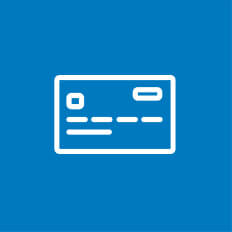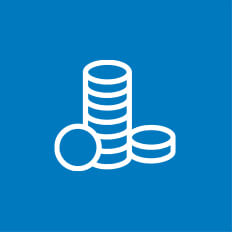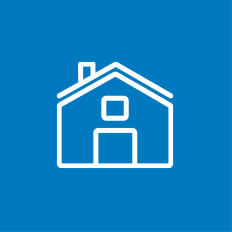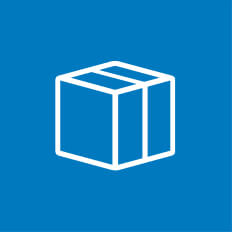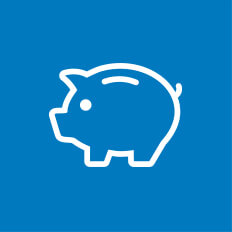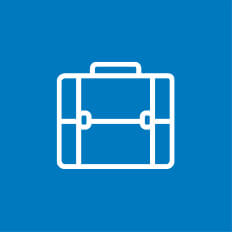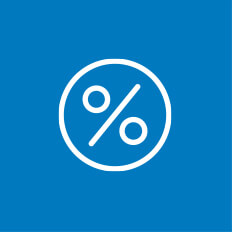In most cases, you do not pay fees when you use Swiss debit cards to pay for purchases from Swiss merchants.
When you use a debit card to pay for purchases from a foreign merchant (either online or when traveling), you typically pay a foreign transaction fee. Foreign transaction fees vary between banks and accounts. In addition to the foreign transaction fee, you also pay hidden fees in the form of markups on currency exchange rates.
Many Swiss banks charge a foreign transaction fee of 1.50 francs for each purchase from a foreign merchant charged to a debit card. Some banks charge 2 francs, 2.50 francs, or 3 francs per foreign transaction.
Some banks charge percentage-based debit card foreign transaction fees. For example, you may pay a fee equal to 1% of the transacted amount, with a minimum fee or 1.50 per purchase in a foreign currency.
Other banks charge a fixed foreign transaction fee plus an additional percentage-based foreign transaction fee. For example, you may pay 1.50 francs plus 0.5% of the transacted amount.
A handful of Swiss private accounts do not have any foreign transaction fees for debit card transactions.
The moneyland.ch private account comparison calculates the foreign transaction fees for each individual account, and cost comparisons account for these. You can also find foreign transaction fees listed on the information pages of accounts in the comparison.

